The world has been waiting for hints of what the Trump administration’s foreign policy will be. Many of the candidate’s statements, promises, and threats during the campaign suggested a radical break with his predecessors. During the transition he has continued to unnerve other governments.
This week, however, the world heard from the president-elect’s choice for Secretary of State, Rex Tillerson, and the effect was somewhat reassuring.
Tillerson testified for nine hours in a hearing on Wednesday before the Senate Foreign Relations Committee, the body that will vote on his confirmation before his nomination goes to the full Senate. The initial reactions from Washington-based ambassadors and visiting foreign officials, as well as U.S. foreign policy experts, was generally if tentatively positive.
In his opening prepared statement to the committee, Tillerson pledged that the new administration would maintain America’s “indispensable” role in promoting stability, averting another world war, increasing prosperity, advancing liberty, and providing “moral leadership.”
While that might sound like highfalutin boilerplate, it serves as a rhetorical antidote to Mr. Trump’s tilts toward isolationism, cavalier attitude toward nuclear proliferation, conviction that torture “works” and will be reinstated, and derogation of America’s allies.
He found several opportunities to send signals to the Republic of Korea and Japan that the U.S. was neither abandoning its treaty partners in Asia (as some of Trump’s stump statements suggested) nor start a war in the region. He pooh-poohed the president-elect’s bellicose-sounding tweet in response to North Korean Leader Kim Jong-un’s boast of soon having a nuclear weapon that can reach the United States.
Much of the marathon hearing focused on Russia and its leader, Vladimir Putin, not least because of the latest U.S. intelligence raising questions of Kremlin-instigated interference in the election and the nature of Trump’s dealings there.
Asked by Sen. Cardin (D-MD) whether Russia was an increasingly closed society that abused human rights, Tillerson replied emphatically: “Yes, sir.” Nor did the nominee mince word on his view that Russia’s annexation of Crimea was naked aggression contrary to international law and agreements Russia itself had made in the 1990s.
Retrospectively, he thought the U.S. should have provided defensive lethal weapons to the Ukrainian military—a measure that President Obama considered and rejected—and avowed several times the U.S. would meet its obligation to defend any NATO member from attack. This part of his testimony has, no doubt, been highlighted in diplomatic cables from Washington back to the three Baltic states, Estonia, Latvia, and Lithuania, who are under constant Russian bullying, infiltration and cyberattacks.
While Tillerson’s performance was overall deft and, to many anxious viewers, somewhat encouraging, there was one issue where Tillerson equivocated ominously. Will Russia remain under sanctions for its virtual occupation of Ukraine?
Granted, Tillerson’s soon-to-be boss wants to warm up relations with Putin. But his refusal to address the issue of continuing sanctions is at odds with his tough talk about Obama’s refusal to arm the Ukrainians with defensive weapons when they were being invaded. While acknowledging that sanctions can be a useful tool for dealing with aggression, Tillerson seemed to leave open the option that the U.S. might relax or lift sanctions as part of the unspecified “deal” that Trump has often said he wants to make with Putin.
If the Trump administration removes sanctions while Russia is still controlling territory and undermining the Ukrainian state, it will be a deal in which Putin is the sole winner. The list of losers is long: the Ukrainians who will find themselves sucked deeper into a Russian sphere of domination; the Baltic states who worry that they are Russia’s next targets; German Chancellor Angela Merkel, the most courageous and important leader in Europe today and a staunch advocate to maintaining sanctions, who will be betrayed by the U.S. and politically weakened at home just before a crucial election. As for the next president of the United States, he will have been played for a chump, which is another word for loser.
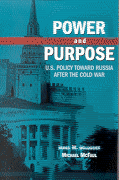
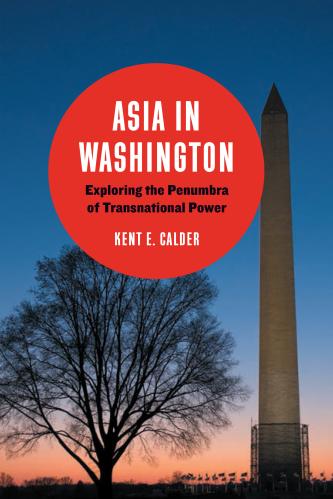
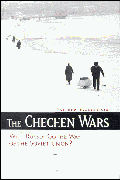
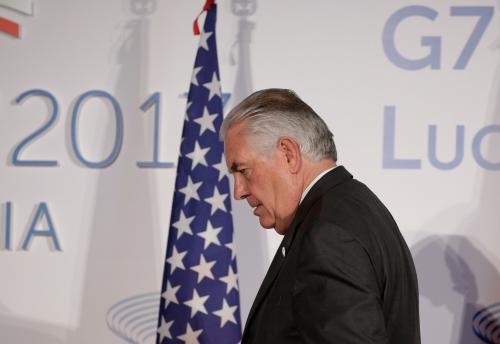
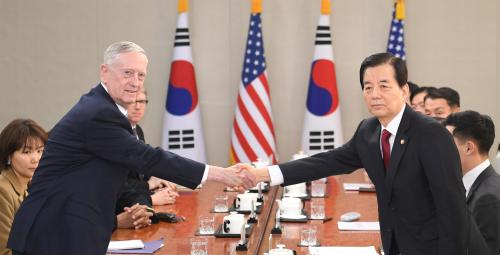
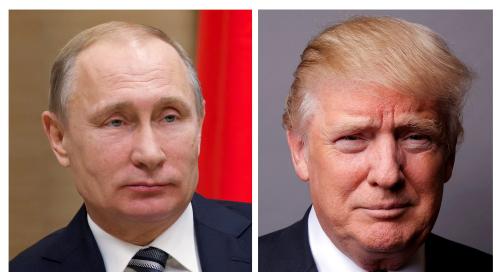


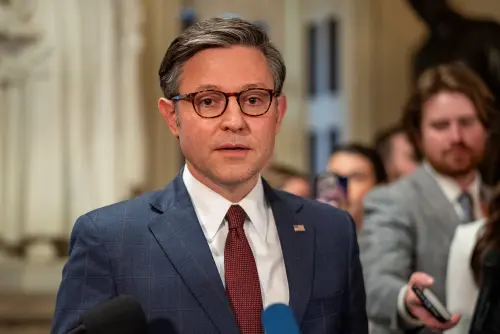

Commentary
Most of Tillerson’s answers help, but a dodge stirs anxiety
January 13, 2017